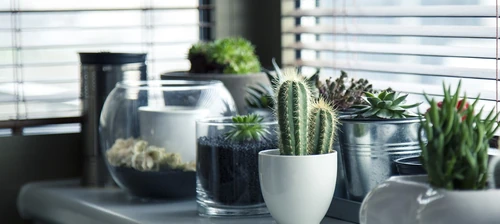Our growing guides
88
Results
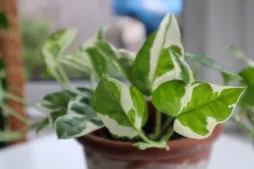
Pothos 'N'Joy
Epipremnum aureum 'N'Joy'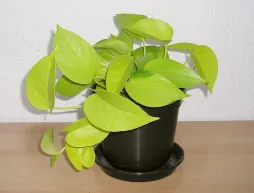
Pothos 'Neon
Epipremnum aureum 'Néon'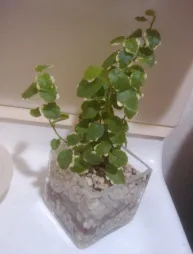
Dwarf fig
Ficus pumila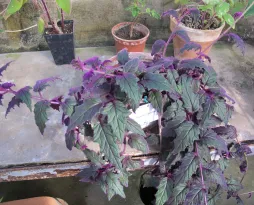
Velvet plant
Gynura aurantiaca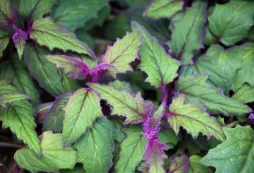
Gynura 'Purple Passion
Gynura aurantiaca 'Purple Passion'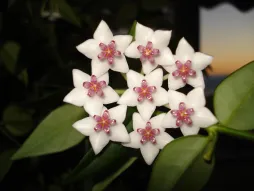
Miniature wax flower
Hoya bella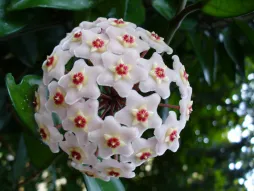
Porcelain flower
Hoya carnosa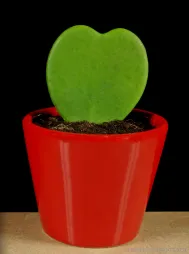
Hoya kerrii
Hoya kerrii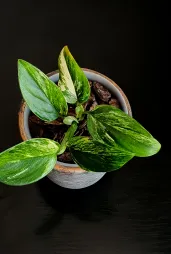
Monstera standleyana
Monstera standleyana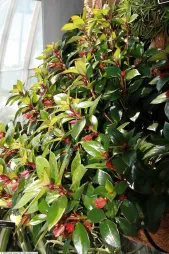
Nematanthus 'Tropicana'
Nematanthus 'Tropicana'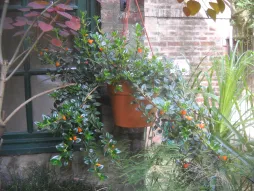
Goldfish plant
Nematanthus gregarius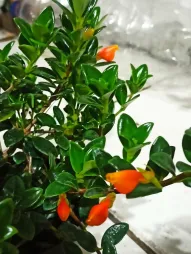
Nematanthus 'Après'
Nematanthus gregarius 'Après'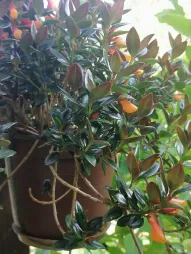
Nematanthus 'Black Magic
Nematanthus gregarius 'Black Magic'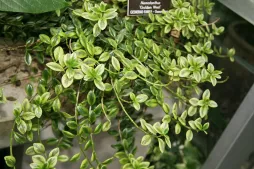
Nematanthus 'Golden West
Nematanthus gregarius 'Golden West'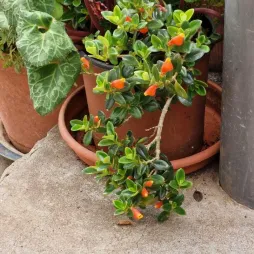
Nematanthus 'Jungle Light
Nematanthus gregarius 'Jungle Light'
Nematanthus variegata
Nematanthus gregarius variegata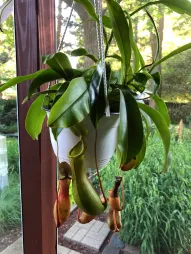
Nepenthes alata
Nepenthes alata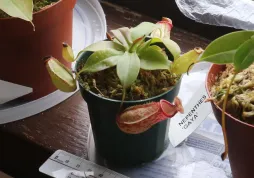
Nepenthes gaya
Nepenthes x Gaya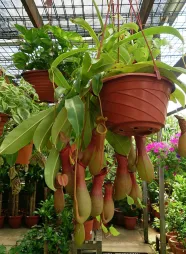
Nepenthes ventrata
Nepenthes x ventrata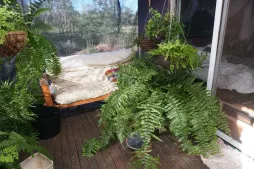
Nephrolepis biserrata
Nephrolepis biserrata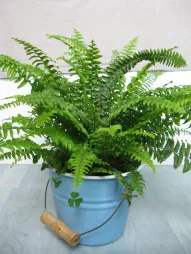
Boston fern
Nephrolepis exaltata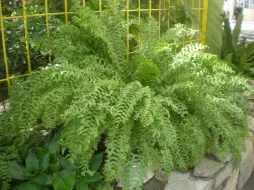
Fishtail fern
Nephrolepis falcata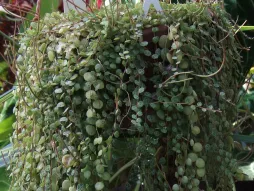
Turtle chain
Peperomia prostrata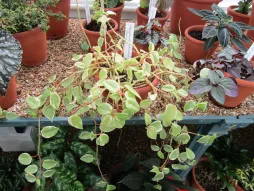
Peperomia scandens
Peperomia serpensHanging plants
No need to look for hanging plants in the Cronquist classification. This category has more to do with interior design than botany. But science can help you find the variety that will look best in your living room.
Climbing or creeping plants, the queens of hanging baskets
If their size allows, all plants can be placed at the top of a shelf or in a hanging pot. However, for a cascade of leaves, it's best to choose certain species.
In nature, climbing plants cling to and climb along their supports. In the absence of a support, they adopt a drooping habit. Their vines are naturally oriented downwards.
In the open ground, creeping plants and groundcovers anchor themselves in the substrate. In pots, they find no support. Their stems and runners hang down like a plant curtain.
In their natural environment, epiphytic plants grow without contact with the soil. They don't need soil and can cling to a tree, a wall or any other support. At home, they make original hanging baskets that don't need soil to flourish. Slate, branches, shells... give free rein to your creativity to show them off to their best advantage.
In nature, climbing plants cling to and climb along their supports. In the absence of a support, they adopt a drooping habit. Their vines are naturally oriented downwards.
In the open ground, creeping plants and groundcovers anchor themselves in the substrate. In pots, they find no support. Their stems and runners hang down like a plant curtain.
In their natural environment, epiphytic plants grow without contact with the soil. They don't need soil and can cling to a tree, a wall or any other support. At home, they make original hanging baskets that don't need soil to flourish. Slate, branches, shells... give free rein to your creativity to show them off to their best advantage.
Which hanging plants to choose?
Gaining height saves space. By installing tropical green plants such as {{ link_to_variety("01FM55DNQ14KBJK8RPJR34N4B1", "singular_name") }}, {{ link_to_variety("01FX09GX8QB0AJ7B2ES1E8C32V", "singular_name") }} and Pothos in hanging pots, you can add greenery to every corner of your apartment. If you're in the mood for originality, opt for an epiphyte like {{ link_to_variety("01FXR2DR0K461ARCPBGQ4JC0J3", "singular_name") }}.
Gardeners didn't wait for the trend towards plant decoration to discover hanging baskets. Our grandmothers were already hanging their geraniums and begonias outside. If you'd like to brighten up a rather dreary facade, opt for a tricolored ipomoea, a tiger fern and ivy in a window box.
Gardeners didn't wait for the trend towards plant decoration to discover hanging baskets. Our grandmothers were already hanging their geraniums and begonias outside. If you'd like to brighten up a rather dreary facade, opt for a tricolored ipomoea, a tiger fern and ivy in a window box.


